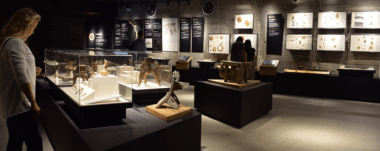Violence against women: four short films that break the silence

The Spanish Cultural Center in Costa Rica is once again joining the Ibero-American movement that raises its voice against all forms of violence against women.
The event, which is free and open to the public, takes place at the CCE headquarters in Barrio Escalante, San José. Through fiction, the stories on display explore topics ranging from psychological and sexual violence to normalized abuse in family, social, and cultural settings. Each work, in its own unique narrative universe, opens an uncomfortable but necessary window onto experiences that patriarchy still legitimizes or renders invisible.
As part of the program, the exhibition will feature a series of talks and workshops on the theme of “Women in Film.” These events will be held in collaboration with the Costa Rican Film Directors’ Union, an organization committed to building a more egalitarian society through its fight for the equitable representation of all female identities in audiovisual creation, production, and distribution.
Short films
13
Language: Spanish, Catalan
Genre: Fiction
Director: Màriam Zelaia
The story follows Mica, a girl trapped in a hypersexualized environment where social media dictates the urgency to be “cool.” Shot in subjective camera, 13 uses frenetic language to show the contradiction between childhood and the pressure of adult roles marked by precocious sexuality.
The film, which is Zelaia’s directorial debut, has won multiple awards and been selected for numerous international festivals, consolidating the filmmaker’s perspective on the vulnerability of girls in the face of contemporary consumerist imagery.

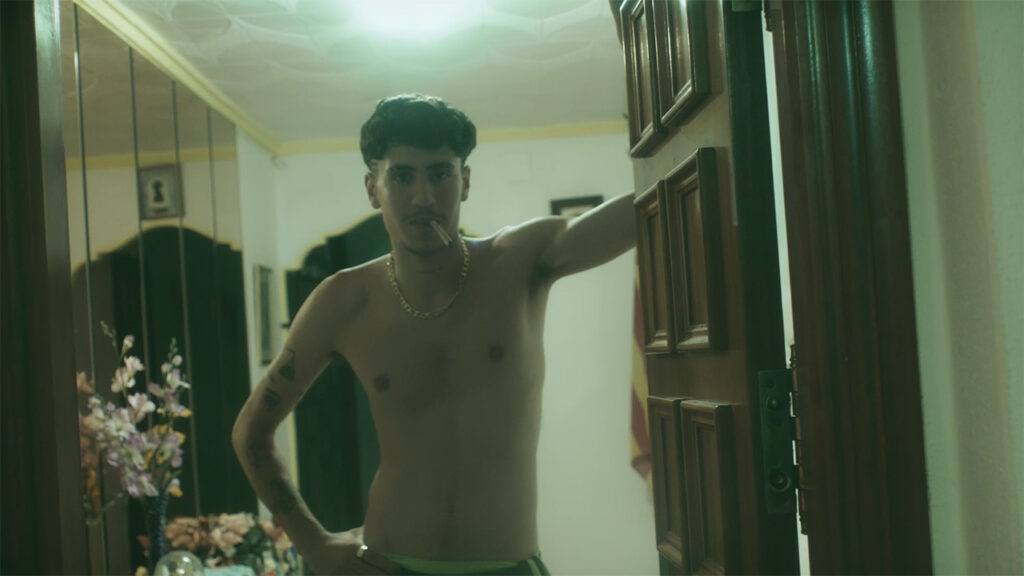

Titan
Language: Spanish, Catalan
Genre: Fiction
Director: María Salgado Gispert
Set on October 17, 1986, the day Barcelona celebrates being awarded the 1992 Olympic Games, Titan contrasts the collective euphoria with Carmen’s personal collapse. That festive day becomes for her a “day after”: an irreversible fracture that marks her life and transforms the world around her into an unsafe space.
Director María Salgado Gispert offers a narrative about female trauma and the way violence destroys silence, routines, and certainties.
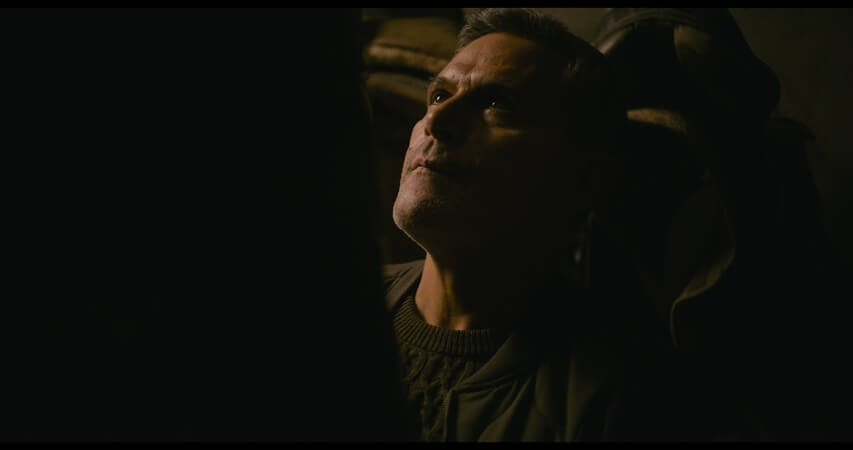
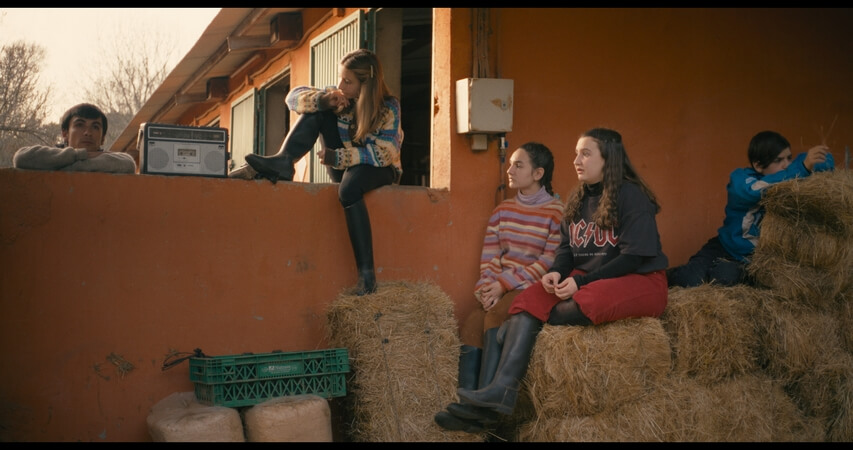

Tótem Loba
Language: Spanish
Genre: Fiction
Director: Verónica Echegui
Estíbaliz travels to her friend Raquel’s village to enjoy the local festivities. But what seemed like a fun weekend turns into a nightmare: she discovers that the local tradition involves men dressing up as wolves to “hunt” women during the night. Even more disturbing is the normalization of this aberrant practice by the entire community.
In her first short film as a director, Verónica Echegui constructs a powerful narrative that denounces how symbolic and ritualized violence can be masked as tradition, and how victims, surrounded by social indifference, are left trapped without protection or credibility.

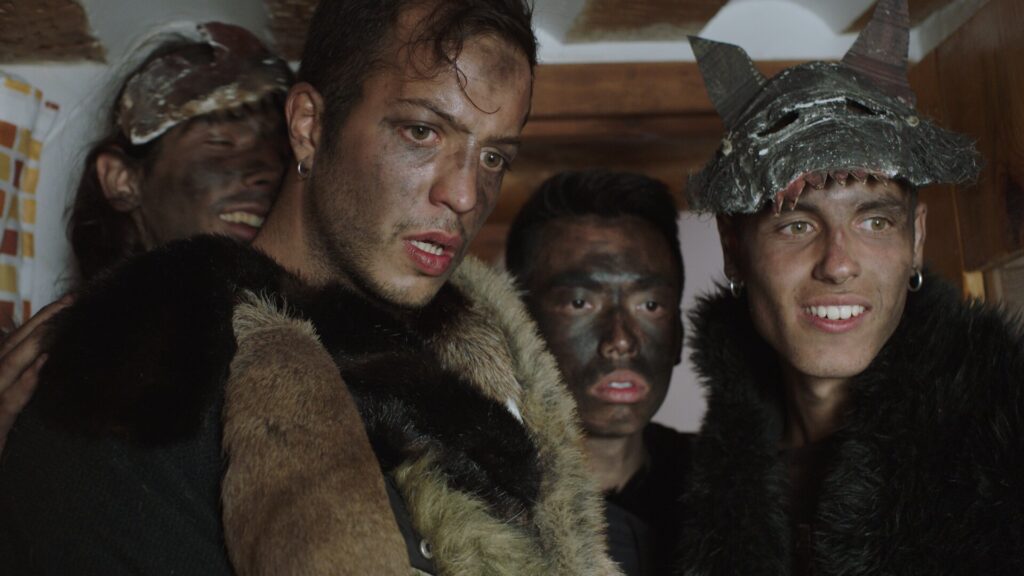
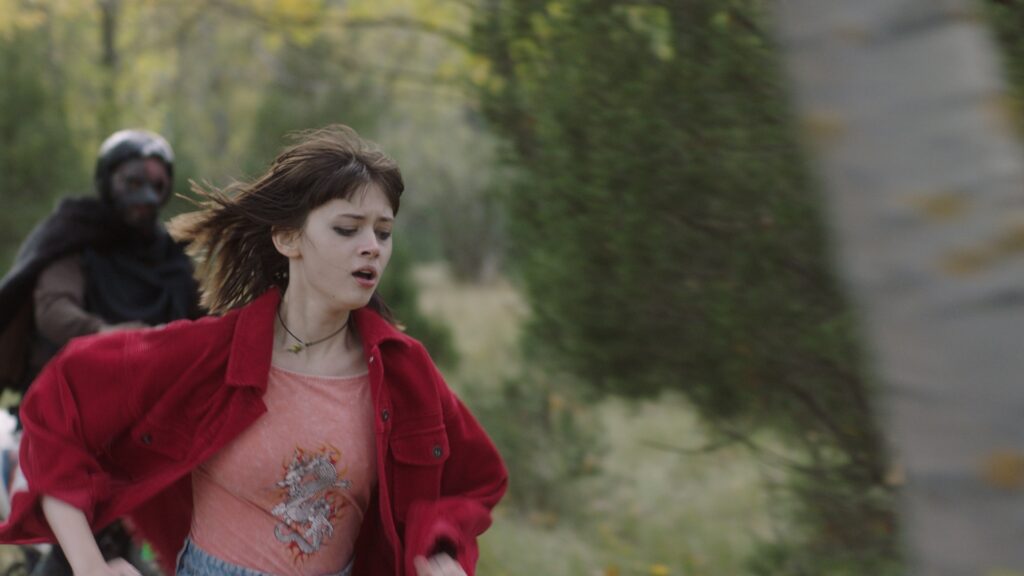
36
Language: Spanish
Genre: Fiction
Director: Ana Lambarri
The film portrays Sara, who must welcome her husband’s new bosses into her home. However, before the visit, David explodes in violence over a minor detail: he hits her, humiliates her, and repeats a pattern of abuse that is not new to either of them. Still emotionally bleeding, Sara must comply with social demands to present the perfect image of a couple.
With 36, the final piece in her trilogy that began with 16 and 26, Ana Lambarri shows the harsh reality of domestic violence.
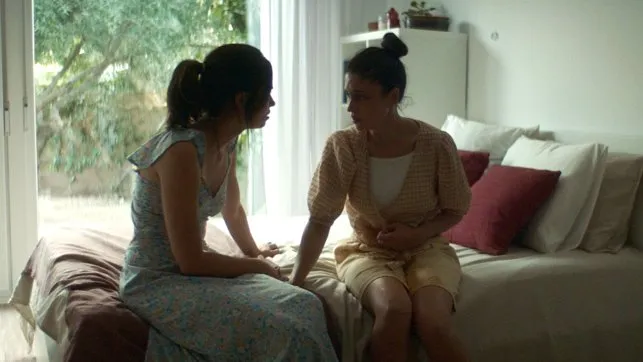
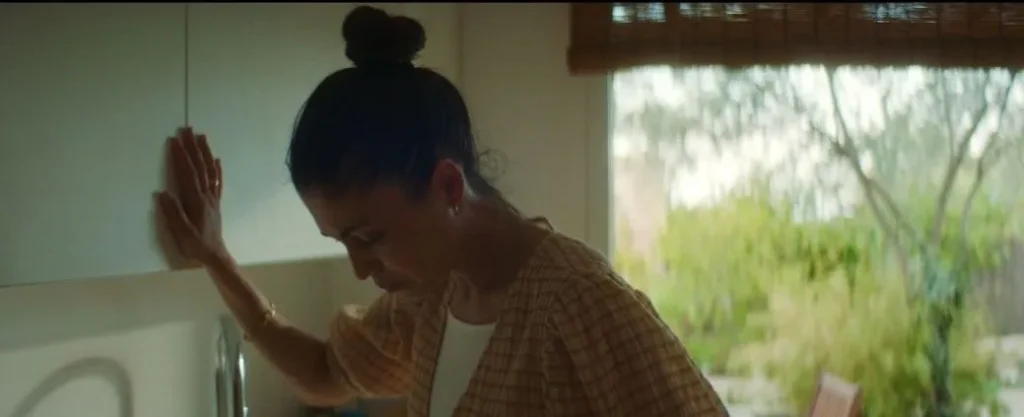
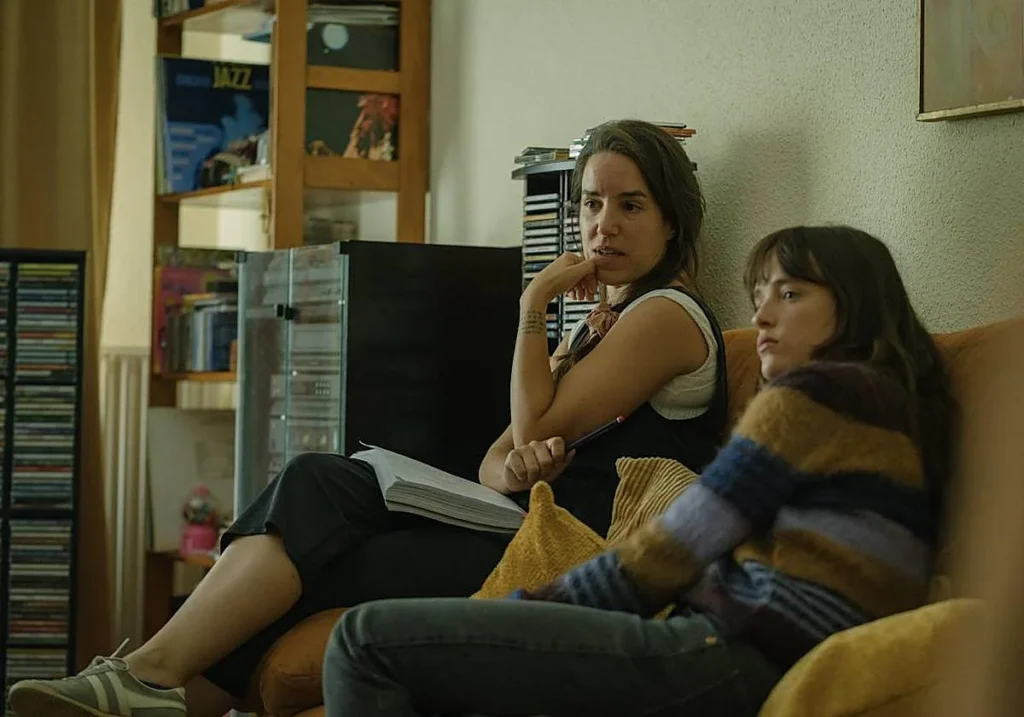
Participation of the Union of Women Film Directors of Costa Rica
This event is part of a collaboration with the Union of Women Film Directors of Costa Rica. Two of its members will contribute their expert insight during the activity:
Laura Astorga Carrera
Director, screenwriter, producer, and advocate, known for her project Escuela de Zorras (School of Bitches) and for her work in human rights and feminism. Her research SEXISMÓGRAFO analyzes the relationship between symbolic narratives and feminist movements.
Alexandra Latishev
Her debut film, Medea, was selected to compete in prestigious festivals and represented Costa Rica at the Oscars. Her most recent feature film, Delirio, continues her exploration of intimate and complex stories about Latin American women. She also works as a teacher of acting direction and as a producer of documentary and fiction projects.
Sensorial Sunsets
Previous article Electric vehicles in Costa Rica: progress, challenges, and the role of infrastructure
Navigate articles


